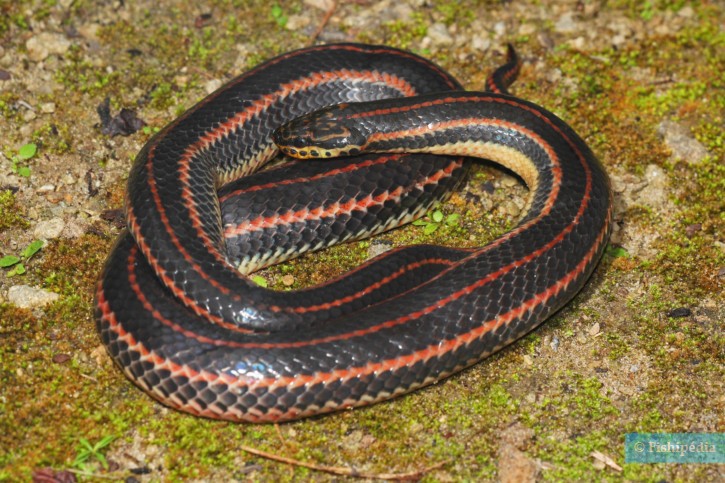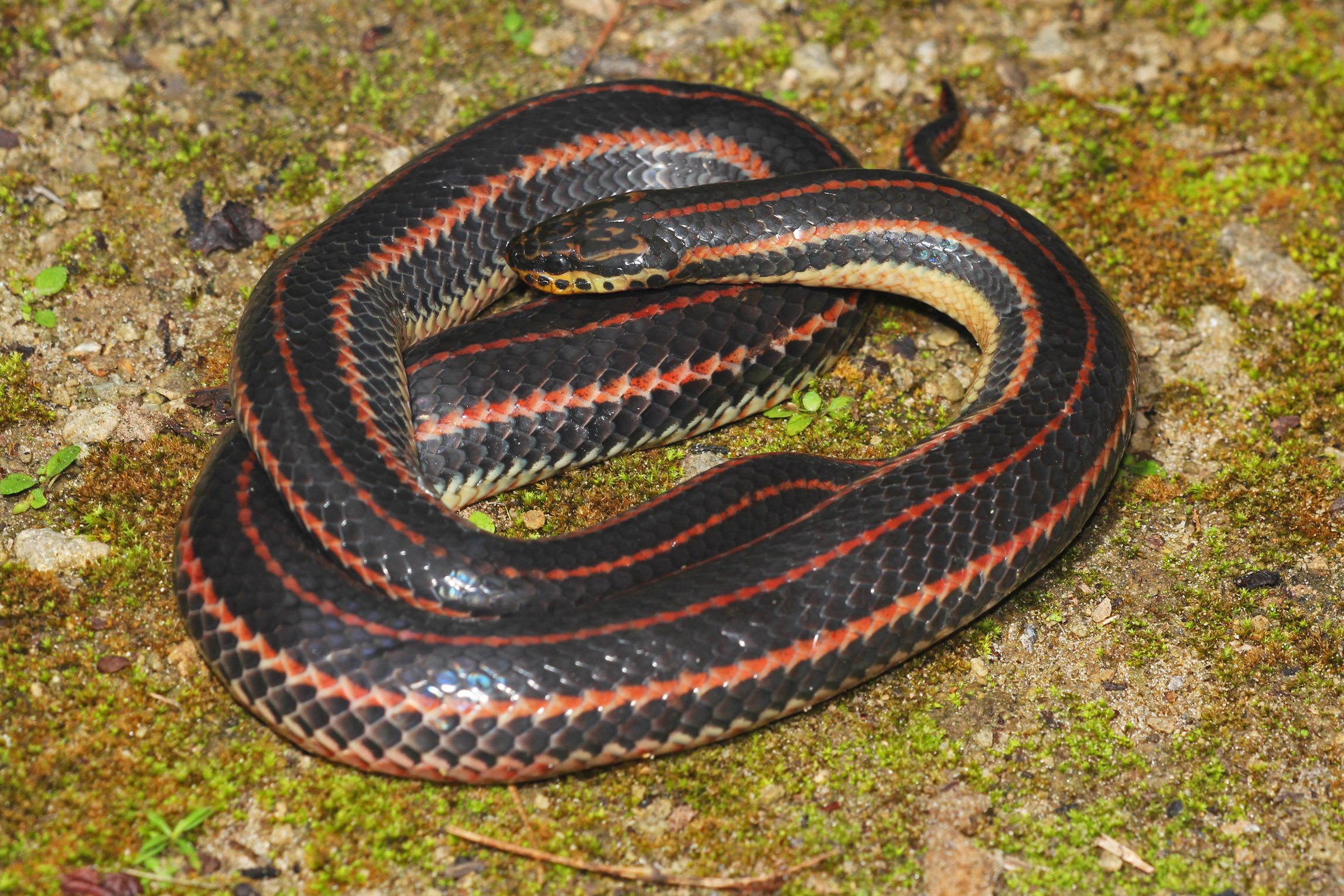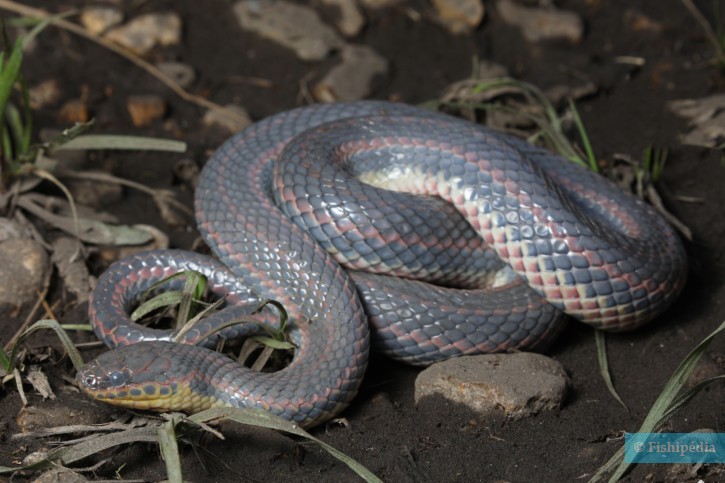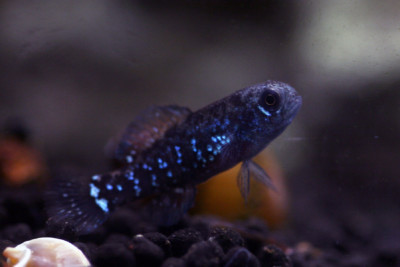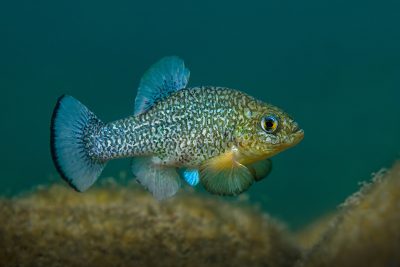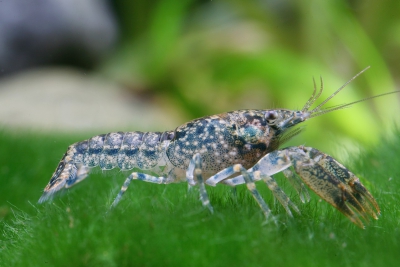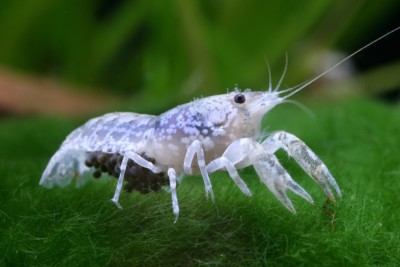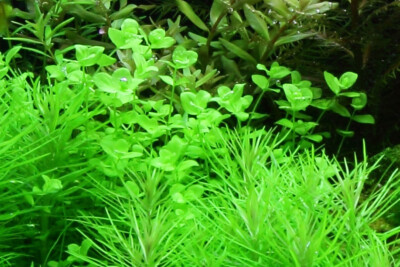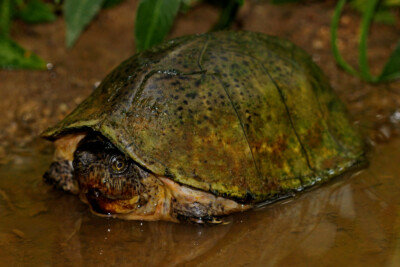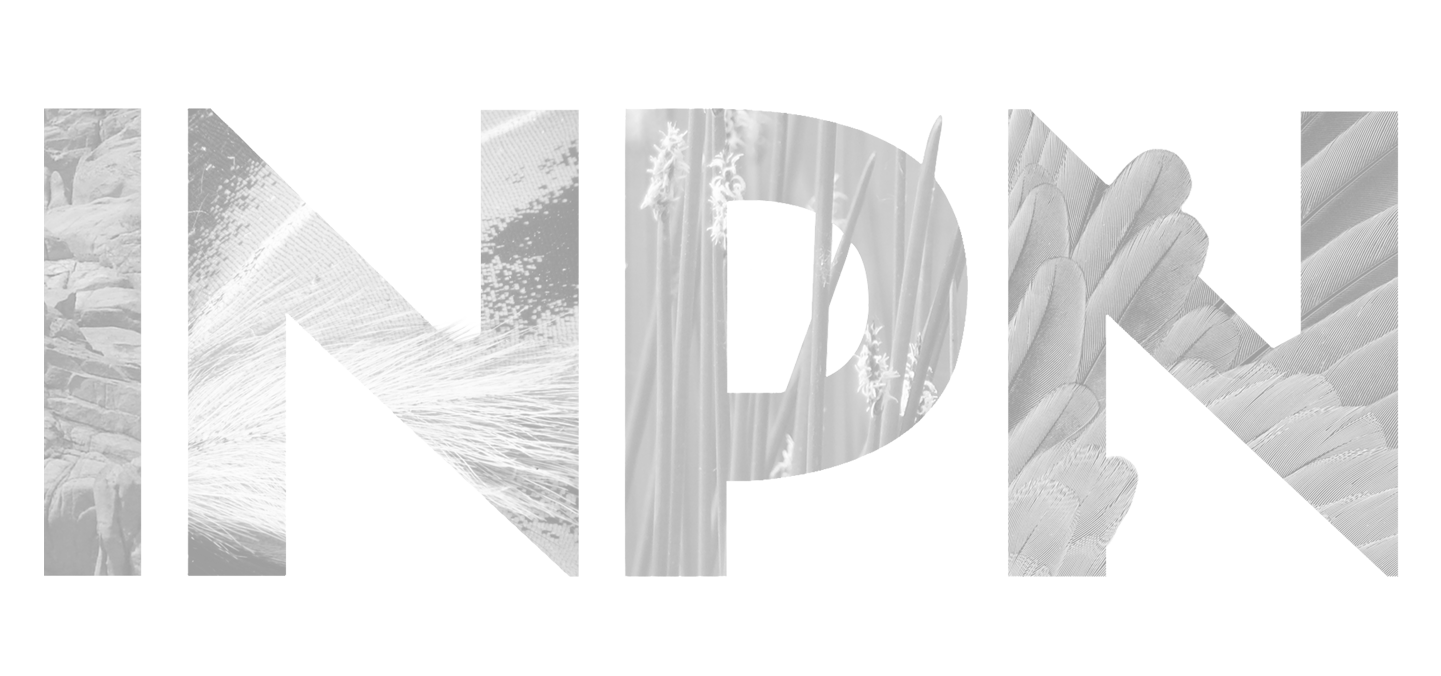Introduction
Farancia erytrogramma, commonly known as rainbow snake, is a fresh water and brackish water reptile from the North America.
This sheet is currently being prepared. The texts currently proposed come from our data model or are being drafted. To request priority for this content, you can write to us HERE.
Who is it?
Morphology
-
Type
-
Female size160 - 170 cm
-
Male size100 - 110 cm
-
Longevity19 year
-
Type
-
Female size160 - 170 cm
-
Male size100 - 110 cm
-
Longevity19 year
How to recognize This reptile ?
The rainbow snake measures around 100 cm. The dominant males can however reach 110 cm. This reptile is tricolore with a predominantly rouge, jaune and noir body.
Sexual dimorphism
The adult male is bigger than the female.
Behaviour & Life cycle
-
Sociabilitysolitary
-
Way of livingnocturnal
-
VenomousNo
-
Dietpredator
The rainbow snake is a reptile solitary naturally found in the vegetation. This species is carnivorous . This reptile lives mainly at night. Usually, it leaves its hiding place and starts to be active once it gets dark.
Although the rainbow snake is non-territorial, it is sometimes aggressive towards other species. In a constant quest for dominance, the dominant males of this species cannot stand each other. The battle between two individuals can be intense and violent. It will result in the submission and sometimes even death of one of the protagonists.
Reproduction
-
Reproductionovipare qui pond sur substrat caché
-
PolygamyYes
-
Clutch size10 - 50 eggs
The rainbow snake is a reptile ovipare qui pond sur substrat caché. In this species, the dominant males are polygamous and reproduce each season with several females. This reptile protects its eggs from nearby predators.
Harmless species
This species does not represent any particular threats to humans when encountered in its natural environment.
Origin and distribution
Conservation status of populations (IUCN)
What is its habitat?
Natural environment characteristics
-
Temperature16 - 30 °C
-
FlowStagnant
Biotope presentation
The acidification of water comes from the decomposition of plants. This phenomenon changes the color of the water, which tends to turn brown. In some areas particularly rich in organic matter, the water is so dark that it is called "black water".
The rainbow snake is most often found at a depth between 0m and 1m. However, it is not impossible to find this species at other depths. This animal evolves in areas characterized by a strong presence of vegetation (aquatic and marsh plants, decaying organic matter, roots...).
This species lives near large roots, in which it can find refuge in case of danger. This type of habitat is often found not far from the banks.
Species of the same biotope
To go further
Sources & Contributions
Participation & Validation
The Fishipedia team and specialist contributors are committed to providing high-quality content. However, although the information comes from scientific sources or testimonials from specialists, the cards may contain inaccuracies.
Translation
Translation done with the valuable contribution of our translators, who make this information available to a wider audience. We sincerely thank them for their commitment.
Scientific partners
Tags
Species of the same biotope
